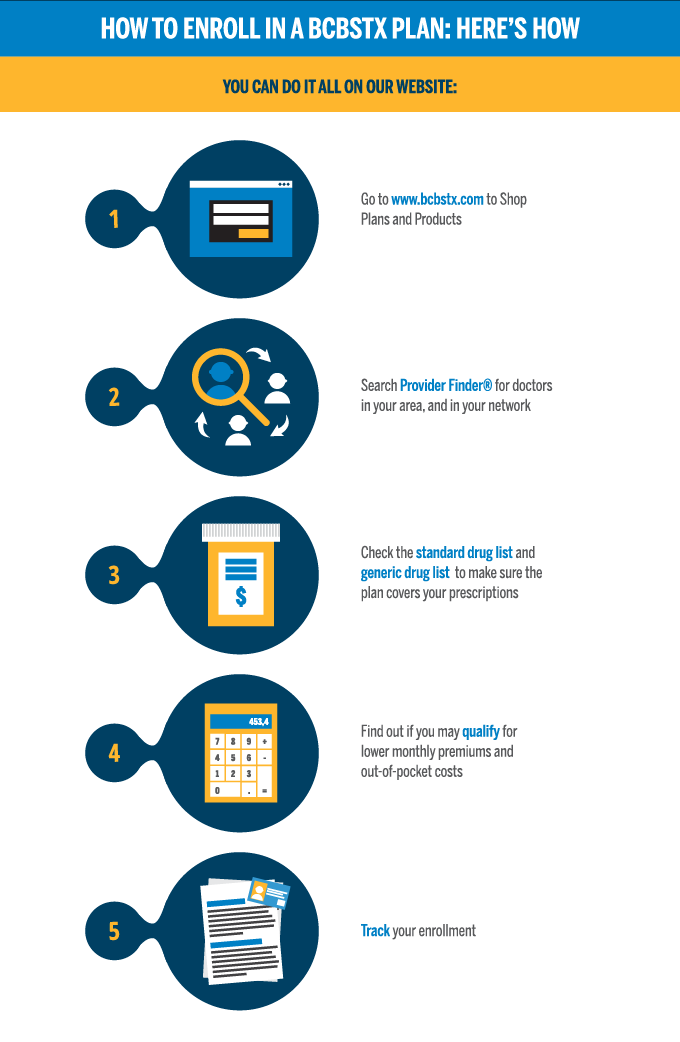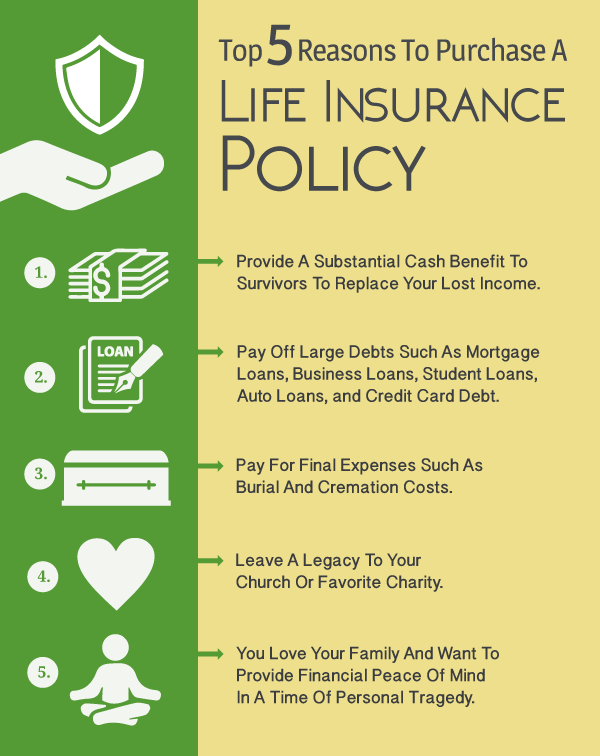Whole life and universal life insurance are both considered irreversible policies. That means they're designed to last your whole life and will not expire after a particular time period as long as needed premiums are paid. They both have the prospective to accumulate money worth gradually that you may have the ability to borrow against tax-free, for any factor. Since of this function, premiums might be higher than term insurance. Whole life insurance coverage policies have a fixed premium, indicating you pay the same quantity each and every year for your coverage. Just like universal life insurance coverage, entire life has the prospective to collect cash worth with time, producing an amount that you may have the ability to borrow versus.
Depending upon your policy's potential money value, it might be used to skip a superior payment, or be left alone with the possible to collect value with time. Prospective growth in a universal life policy will differ based on the specifics of your individual policy, as well as other factors. When you purchase a policy, the issuing insurance coverage company develops a minimum interest crediting rate as described in your contract. However, if the insurer's portfolio earns more than the minimum rate of interest, the business may credit the excess interest to your policy. This is why universal life policies have the possible to earn more than a whole life policy some years, while in others they can earn less.
Here's how: Considering that there is a cash worth part, you may be able to avoid premium payments as long as the money worth is enough to cover your required expenses for that month Some policies might permit you to increase or reduce the death advantage to match your particular scenarios ** Oftentimes you might obtain versus the cash value that may have built up in the policy The interest that you might have made with time builds up tax-deferred Whole life policies provide you a fixed level premium that will not increase, the possible to accumulate money value with time, and a repaired survivor benefit for the life of the policy.
As a result, universal life insurance premiums are usually lower throughout periods of high rate of interest than entire life insurance premiums, frequently for the exact same amount of protection. Another crucial difference would be how the interest is paid. While the interest paid on universal life insurance coverage is frequently changed monthly, interest on an entire life insurance policy is normally changed every year. This might imply that throughout periods of rising interest rates, universal life insurance policy holders might see their cash worths increase at a quick rate compared to those in entire life insurance policies. Some people might prefer the set death benefit, level premiums, and the capacity for development of an entire life policy.
Although entire and universal life policies have their own distinct features and advantages, they both concentrate on providing your loved ones with the cash they'll need when you die. By working with a certified life insurance agent or business representative, you'll be able to choose the policy that best fulfills your private needs, spending plan, and monetary objectives. You can likewise get acomplimentary online term life quote now. * Provided required premium payments are prompt made. ** Increases might undergo additional underwriting. WEB.1468 (How to become an insurance agent). 05.15.
Some Ideas on How To Use Insurance You Should Know

You do not have to think if you should enlist in a universal life policy due to the fact that here you can find out all about universal life insurance benefits and drawbacks. It's like getting a sneak peek before you buy so you can decide if it's the right type of life insurance for you. Continue reading to find out the ups and downs of how universal life premium payments, money value, and death benefit works. Universal life is an adjustable kind of permanent life insurance that enables you to make modifications to two primary parts of the policy: the premium and the death advantage, which in turn affects the policy's cash value.

Below are a few of the overall pros and cons of universal life insurance coverage. Pros Cons Developed to use more flexibility than entire life Does not have the ensured level premium that's available with entire life Cash worth grows at a variable interest rate, which might yield greater returns Variable rates likewise mean that the interest on the cash worth might be low More chance to increase the policy's money worth A policy typically requires to have a favorable money value to stay active Among the most appealing functions of universal life insurance is the ability to choose when and just how much premium you pay, as long as payments meet the minimum amount required to keep the policy active and the Internal Revenue Service life insurance guidelines on the maximum quantity of excess premium payments you can make (What is an insurance deductible).
But with this versatility likewise comes some disadvantages. Let's review universal life insurance advantages and disadvantages when it pertains to changing how you pay premiums. Unlike other types of irreversible life policies, universal life can adapt to fit your financial needs when your capital is up or when your budget is tight. You can: Pay higher premiums more often than required Pay less premiums less typically or perhaps skip payments Pay premiums out-of-pocket or utilize the money worth to pay premiums Paying the minimum premium, less than the target premium, or skipping payments will negatively impact the policy's money value.